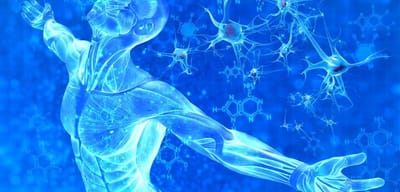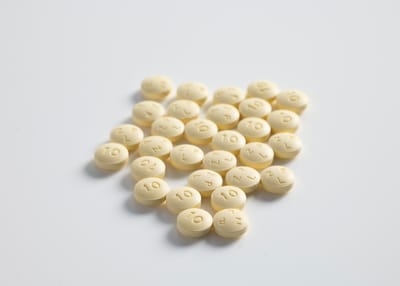Articles
Multiple sclerosis is seldom fatal and life expectancy is shortened by only a few years. Most patients and physicians harbor an unfounded view of MS as a relentlessly progressive, inevitably disabling disease.
Read MoreMultiple sclerosis (MS) can be difficult to predict, making it hard for those with MS to manage the disease. However, there are some changes that people with MS can make to help control the disease and positively impact their overall health.
Read MoreAs humans, our intestinal tract is colonized by a dense and species-rich community of microorganisms (the gut microbiota) that is of paramount importance to our health.
Read MoreManaging MS is approached through Mind, Body, and Spirit
Read MoreMS is an auto-immune disease. Inflammation is corner stone in this illness.
Read MoreInfo from the Mayo Clinic
Read MoreA healthy diet including fish, eggs, vegetables, poultry, and legumes may lower the risk for central nervous system demyelination.
Read MoreStatistics indicate that some kind of cognitive impairment affects up to two-thirds of all MS patients, including memory deficits or problems with processing information. Once a patient starts showing signs of cognitive decline, it is often assumed symptoms will inevitably worsen as MS progresses. However, findings from a new study carried out by researchers in Greece are challenging this scenario.
Read MoreAbout 50 million people in the United States — have an autoimmune disease. But now, fascinating new research shows that your gut bacteria may play an important role.
Read MoreA multiple sclerosis diagnosis would come as a shock and a scare to anyone. But the revelation that Claudia Longo had a chronic neurological disease was no reason for her to give up her athletic dreams.
Read MoreAutologous haematopoietic stem cell transplantation (aHSCT) has been used to stop autoimmune processes in multiple sclerosis (MS), Now, an improved version of the technique is showing astonishingly good results,
Read MoreFor the study, Mondal's team fed aspirin to mice specially bred to mimic the human form of MS. The investigators found that even low doses of aspirin -- equal to the 81 milligram "baby aspirin" many take to ward off heart trouble -- seemed to curb symptoms of MS in the mice.
Read More













